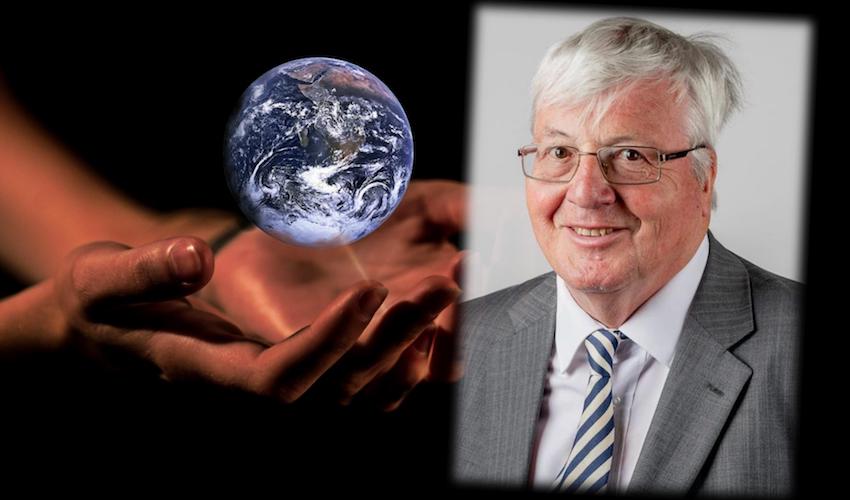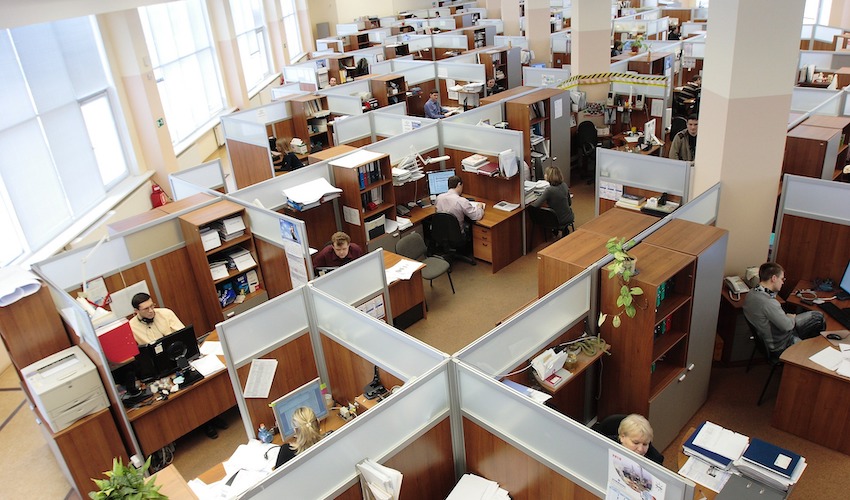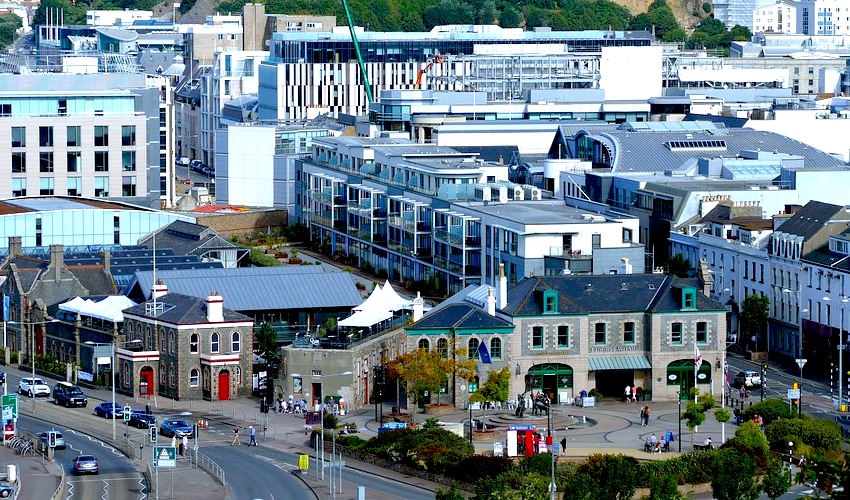

It's "the great existential question of our time" - can economic growth ever really be environmentally friendly?
In his latest column, the secretive business guru known only as The Fool gives his view on the matter...
"In a move very much redolent of the times, the Government of Jersey is about to change the way it will measure the island’s performance in the future.
We are to move away from merely assessing something as objective as economic growth, to calculating the general wellbeing of islanders through the adoption of the OECD’s Better Life Index. This will be music (presumably some form of ambient whale song) to the ears of the Environment Minister, given his recent comment that we should stop prioritising economic growth, and financial interests, over the environment.
In a world where, not since the days of Abba have grandstanding Scandinavians been able to so dominate the news flow, it seems that Jersey is not immune from having to confront the great existential question of our time: can we have economic growth without causing increased environmental damage?

Pictured: The Environment Minister said "we should stop prioritising economic growth, and financial interests, over the environment."
The new parameters by which our lives are to be measured make interesting reading, and we already have baseline figures from 2018 on which we can assess our success to date.
Overall, we have a Better Life index score of 6.8 out of 10, which puts us above the OECD average of 6.4, but behind the UK and France. We score well for health (9.1), personal safety (9.1), and environmental quality (7.9), but poorly for disposable income (4.3), housing (6.2) and something called ‘Civic Engagement’ (0.0), where we apparently rank 39th out of 39 nations.
The latter result appears to be largely predicated upon the fact that our election turnout is only 43%, against an OECD average of 69% (skewed by certain nations where voting is compulsory), and other spurious factors such as how many people have signed a petition (34%) and, curiously, how many have actively boycotted any products (21%), in the last year.
Oh, there was also the small matter that only 28% of respondents expressed confidence in our government.

Pictured: The turnout at the most recent election was of only 43%, whilst the OECD average is of 69%.
The heart of the growth vs environment argument of course is that in order to produce anything, we have to consume raw materials.
In Jersey, where financial services are so dominant, we have a small carbon footprint relative to the size of our GDP; but unless we can find a way of growing the finance industry whilst sitting in dark offices and counting on abacuses, even a service-based economy has to consume raw materials associated with the production of power. (Which in turn have to be extracted and exported by other countries).
In an island of finite size with a growing population, the greatest environmental conundrum of course is how we accommodate (and feed, and educate, and care for) more and more people each year, when we aren’t producing any more land.
Given that almost any consumption requires the destruction of something, it is impossible to expect growth to continue without some level of environmental damage.

Pictured: "In Jersey, where financial services are so dominant, we have a small carbon footprint relative to the size of our GDP."
The Environment Minister’s call for us to focus less on financial interests is of course well meaning, and indeed he wouldn’t be doing his job unless he expressed exactly those sentiments.
But if we engage with reality, and we want to provide the housing, the education, the healthcare, and all the other good stuff we need to get up the OECD rankings, what are we focussing on if it’s not the money?
The finance to provide the good stuff comes from taxation. If you have more people each year, you need more good stuff than you had the previous year. If you need more good stuff, you need more tax revenue.
So, you either encourage the economy to grow so that the taxes you levy also increase, or you increase the rates of tax, so you get more from the same level of economic activity. Which, given the skew on where tax actually comes from in the island (the majority of income taxes come from a surprisingly small minority), actually has little effect on overall consumption.

Pictured: "The finance to provide the good stuff comes from taxation."
And of course, if that extra tax is spent by the government on good stuff, you still suffer the environmental downside, even if it’s the government digging holes, rather than the private sector.
Alternatively, you can of course increase consumption-based taxes to discourage our flagrant spending habits, which just ends up disproportionately damaging the well-being of those on lower incomes. Quite the vote winner.
Where the whole environment versus growth argument becomes more insidious is its adoption as some sort of anti-capitalist crusade, where the only answer to our world’s ills is less growth. But how can that be an answer when the population of the world continues to grow, and along with it our requirements for schools, and hospitals, and health care?
A partial solution, as we are seeing, is the development of technology that provides things such as renewable energy, less polluting vehicles, or more ecologically friendly housing.

Pictured: How can we advocate less growth when the population of the world continues to grow and so do our requirements for schools, hospitals and health care?
The problem for activists, and platitude-spouting Environment Ministers, who decry the relentless search for money and growth, is that the funding for this new technology, and the innovation, which makes it possible, comes almost entirely from the private sector, driven by the relentless search for a more efficient ways of doing things and yes, profit, within the capitalist system.
And that, unless the government suddenly starts to invent products that actually try and solve environmental problems, and into the bargain are willing to forgo the finances it has available to spend on things such as encouraging civic engagement to get us up the OECD league table, it is very much all about the money.
Unfortunately, it is hard to feel chastised when being lectured to by somebody whose green credentials consist of playing a role in burning through £40 million of taxpayers hard earned cash to not deliver a hospital."
The views expressed in this piece are those of the author, and not of Bailiwick Express. Read the Fool and more analysis in Connect Magazine by clicking here.
Comments
Comments on this story express the views of the commentator only, not Bailiwick Publishing. We are unable to guarantee the accuracy of any of those comments.